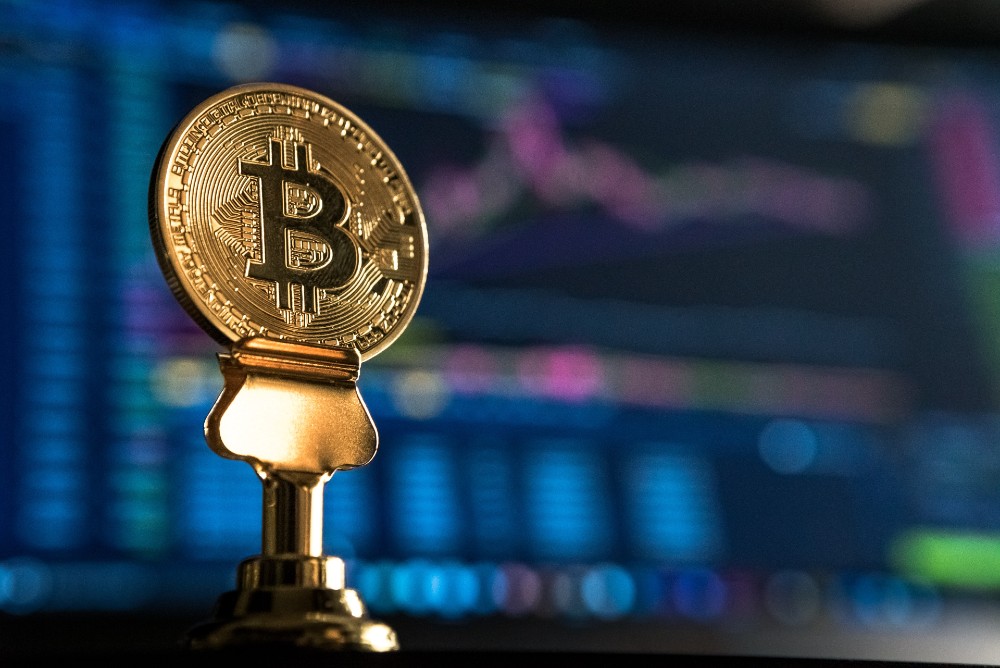For the past months, Elon Musk has been dealing with blockchain in unprecedented ways: first he has allowed people to purchase Tesla cars using Bitcoin, then he impulsionated the market value of another cryptocurrency, Dogecoin. In other words, when the world’s richest man starts to bet on something, it is because there is some worth in it.

Blockchain is a technology that allows “distributed” registration between different participants in a network (nodes) of economic transactions in a peer-to-peer way, that is, without the use of intermediaries. The distributed ledger implies an “automated” approval process by all nodes, which replaces the role of the sole intermediary as a reliable agent in economic exchange. Some of the benefits brought by such technology is that transactions are also carried out quickly, safely and with very low cost.
As blockchain gets more and more promising as a technology and a market, big players like Azimut Holding, the Italian asset management company that manages capital masses worth 70,000 million euros worldwide, are entering the game to change the international scenario. According to Azimut’s CEO, Gabriele Blei, creating the token AZIM meant a chance for the company to offer the first digital securitization that develops an end-to-end financing solution for small and medium-sized companies, by investment funds and private investors.
In such a configuration, the “illiquid” asset (consisting of a portfolio of loans to Italian SMEs) in its tokenized form can be transferred quickly and efficiently to other investors within the digital market of Azimut partners. One of them include companies such as Sygnum, which offers the benefits of the supervision of the Swiss supervisory authorities.
What is more, the decision to include Azimut Holdings in the blockchain scenario was rather an investment in innovation that Blei chose to do, since he considers this important in any sector. “The world is evolving, habits are changing, and new opportunities are on the horizon,” says the CEO, who argues that immobility and resistance to change are not, historically, harbingers of progress and growth. Though change requires sacrifice and risks to be taken, Blei argues that this is just a characteristic of a company made up of people who act as entrepreneurs, such as it is the case of Azimut.
The CEO explains that his company has aligned their interests with those of their clients through a union agreement that includes more than 2000 people which constitute the reference shareholder with a long-term horizon. “Thanks to this model, we are able to make decisions against the current anticipating the trends that have emerged,” explains the CEO, who believes that, to stay relevant in the market, companies and individuals need to innovate, otherwise someone else will do it first.
For the future, Gabriele Blei believes that the financial sector will become more complex and increasingly interconnected with companies and savers. “We need to train future generations to understand how finance works. Digitization will make the relationship between investor/client and the world of finance easier and more immediate, but this does not mean that we should abandon the social role that in a sense the asset management industry carries with it,” he explains. In this sense, companies like Azimut Holding are the ones responsible to bring private savings closer to the real economy through their networks of financial advisers, managers and innovative and international companies that are part of their ecosystem.
